
Montaigne’s Travel Journal
By Michel de MontaigneTranslated by Donald M. Frame (NHC Fellow, 1982–83)

By Michel de MontaigneTranslated by Donald M. Frame (NHC Fellow, 1982–83)
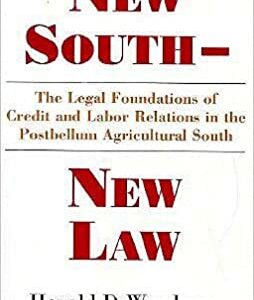
By Harold D. Woodman (NHC Fellow, 1983–84) Examines the legal and economic strategies adopted by southern landowners to cultivate and profit from their land when the abolition of chattel slavery deprived them of their primary form of wealth and credit. Woodman (history, Purdue U.) explores the evolution of these strategies and how they affected the … Continued

By Donald Reid (NHC Fellow, 1987–88; 2012–13) In 1973, faced with massive layoffs, workers at the legendary Lip watch firm in Besançon, France, occupied their factory to demand that no one lose their job. They seized watches and watch parts, assembled and sold watches, and paid their own salaries. Their actions recaptured the ideals of … Continued
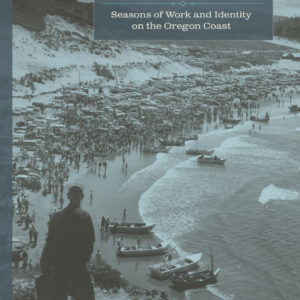
By Joseph E. Taylor, III (NHC Fellow, 2002–03; 2018–19) The Nestucca Valley is a small watershed, tucked away in one corner of a county in far western Oregon. There are no incorporated towns, and cows outnumber humans. It has long been a place without a written history, yet its past offers many surprising twists on … Continued
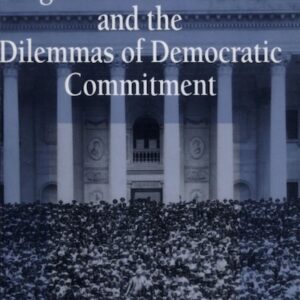
By Leon Fink (NHC Fellow, 1990–91) How to lead the people and be one of them? What’s a democratic intellectual to do? This longstanding dilemma for the progressive intellectual, how to bridge the world of educated opinion and that of the working masses, is the focus of Leon Fink’s penetrating book, the first social history … Continued
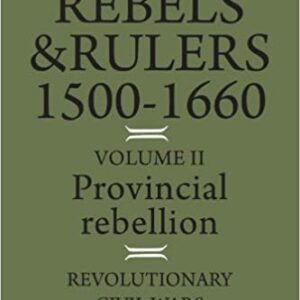
By Perez Zagorin (NHC Fellow, 1978–79) Rebels and Rulers, 1500-1660 is a comparative historical study of revolution in the greatest royal states of Western Europe during the sixteenth and the first half of the seventeenth centuries. Revolution as a general problem and the causes and character of revolution in early modern Europe have been among … Continued

By Joseph E. Harris (NHC Fellow, 1985–86)
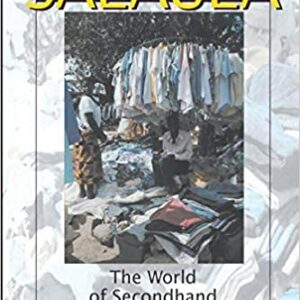
By Karen Tranberg Hansen (NHC Fellow, 1997–98)
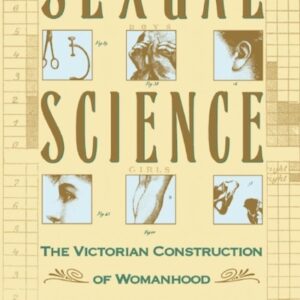
By Cynthia Eagle Russett (NHC Fellow, 1979–80) One scarcely knows whether to laugh or cry. The spectacle presented in Cynthia Russett’s splendid book of nineteenth-century white male scientists and thinkers earnestly trying to prove women inferior to men—thereby providing, along with “savages” and “idiots,” an evolutionary buffer between men and animals—is by turns appalling, amusing, and … Continued
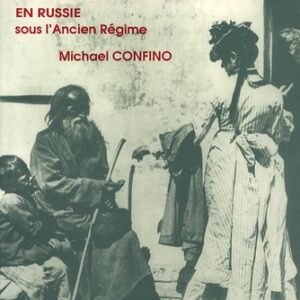
By Michael Confino (NHC Fellow, 1984–85)